Oil Spill in Gulf Could Wash Ashore by Friday, Officials
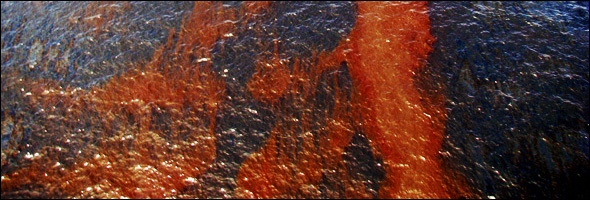
The oil spill resulting from an oil rig explosion last week could be leaking oil at five times the rate previously assumed.
The leaking BP PLC-owned rig may be spilling into the Gulf of Mexico five times faster than previously thought, the BBC reports.
On Wednesday crews working on cleanup and damage control conducted controlled burns of the spill, said a Coast Guard spokesman, according to the New York Times. The leaks were discovered late last week after an oil rig exploded days earlier about 50 miles southeast of Venice, Louisiana.
While it was thought that the damaged rig was leaking about 42,000 gallons of oil per day, the National Oceanic and Atmospheric Administration weather predicts the oil is spreading faster and might reach the U.S. coast by Friday night. The spill is now leaking at a record rate of 210,000 gallons per day and might.
“Probably the only thing comparable to this is the Kuwait,” Mike Miller, head of Canadian oil well fire-fighting company Safety Boss, told the BBC. “The Exxon Valdez is going to pale in comparison to this as it goes on.” In 1989, the Exxon Valdez oil spill released approximately 11 million gallons into Alaska’s Prince William Sound.
“If some of the weather conditions continue, the Delta area is at risk,” said Charlie Henry, scientific support coordinator for the National Oceanic and Atmospheric Administration, according to the New York Times.
And as experts speculate what will happen, the oil slick is moving towards three million acres of Louisiana wetlands and the Mississippi Delta. Louisiana is home to about 40 percent of the United States’ wetlands, and exposure to the contamination could devastate wildlife populations in the area.
Because BP was leasing the rig when it exploded, the U.S. government has said the corporation is responsible for costs of cleaning up the spill. Currently the company, which is the third largest global energy business, is spending $6 million per day to control the spill and looking at ways to stop the leak, including eventually sealing off the well.
Meanwhile BP has received permission to drill a relief well in which concrete and heavy fluids could be injected to seal off the leaking well, but this process may take up to 90 days to complete.
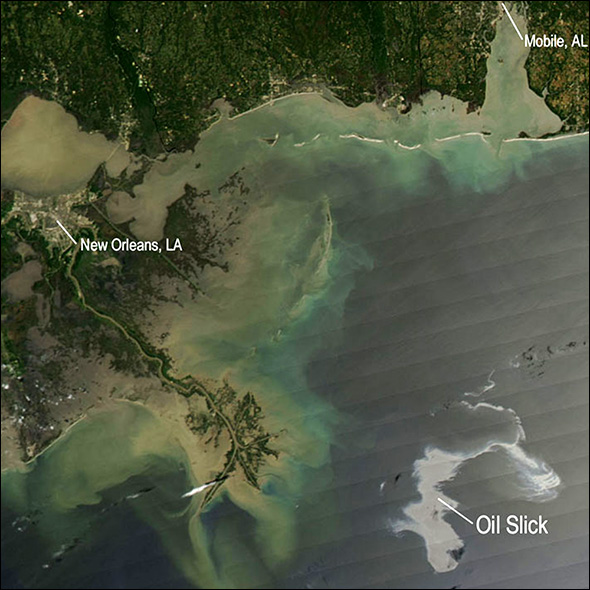
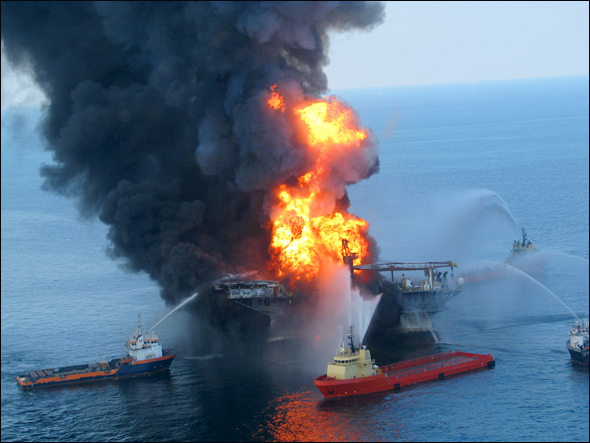
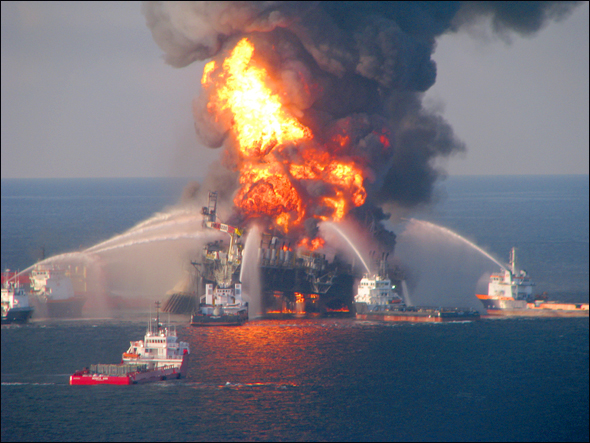
Sources: The New York Times and BBC



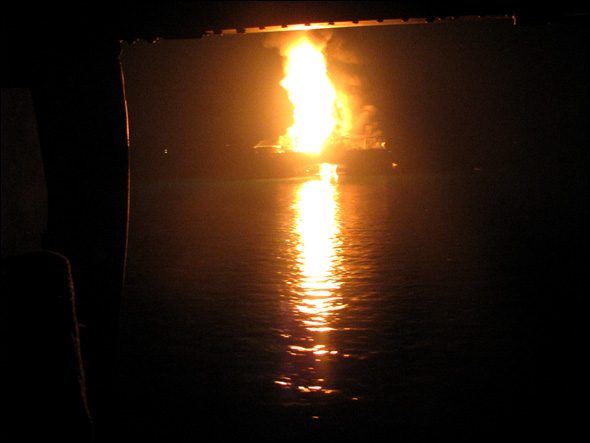


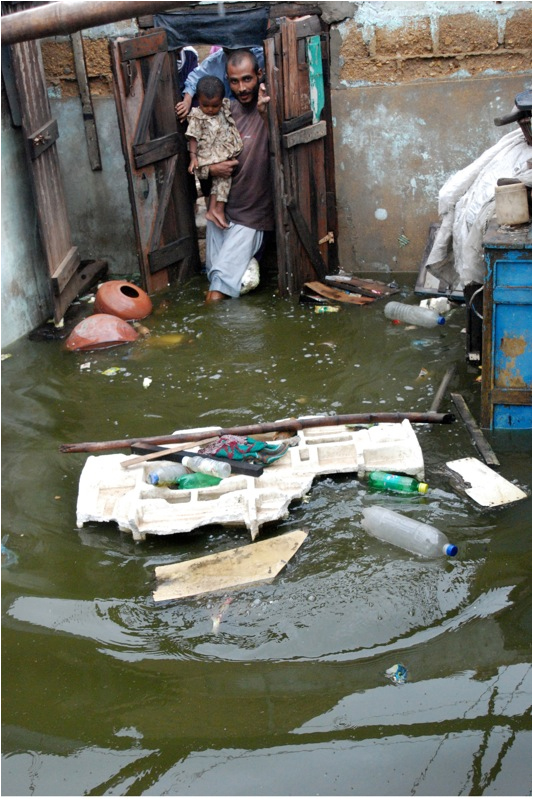

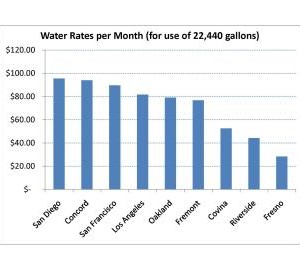

Leave a Reply
Want to join the discussion?Feel free to contribute!